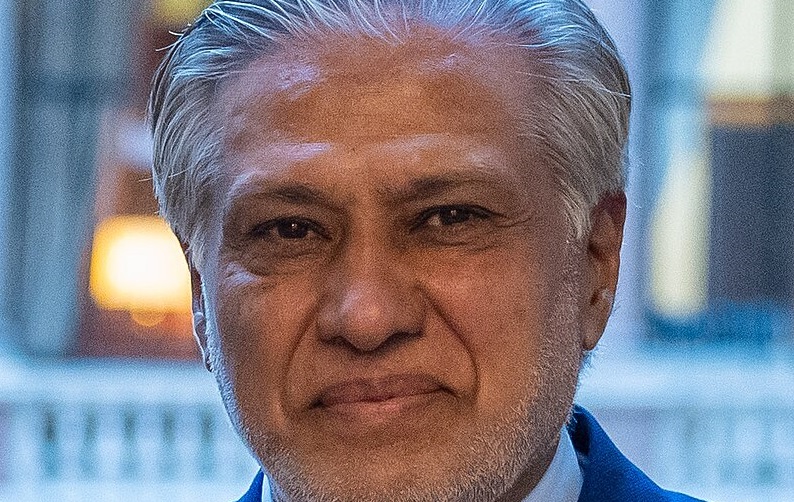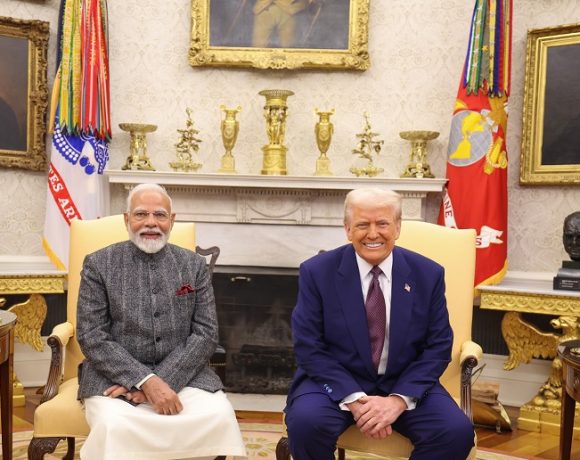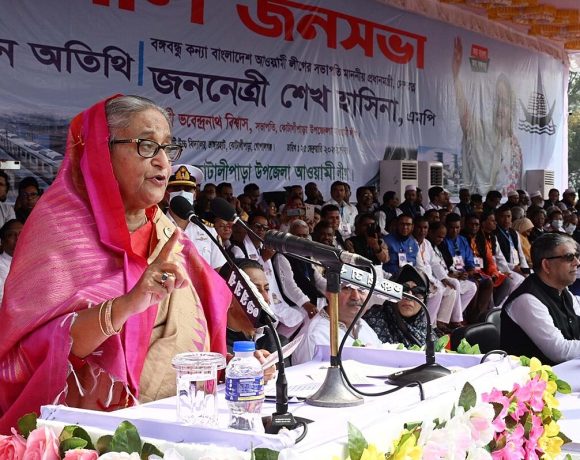
Pakistan Deputy PM Calls Pahalgam Attackers ‘Freedom Fighters’
In a statement that has provoked outrage and intensified diplomatic hostilities, Pakistan’s Deputy Prime Minister and Foreign Minister Ishaq Dar referred to the perpetrators of the Pahalgam terror attack as “freedom fighters.” The April 22 attack in Jammu and Kashmir’s Baisaran area led to the deaths of 26 civilians, including tourists, and left several others injured.
Controversial Remarks Escalate Tensions
Speaking at a press conference in Islamabad, Dar remarked, “Those who carried out attacks in Jammu and Kashmir’s Pahalgam district on April 22 might be freedom fighters.” His statement came just hours after India announced the indefinite suspension of the 1960 Indus Waters Treaty and began revoking visas for Pakistani nationals. Dar further condemned India’s move, calling it an “act of war” and threatening reciprocal action.
Sharp Backlash at Home and Abroad
Dar’s comments were met with immediate backlash. Former Pakistani cricketer Danish Kaneria publicly condemned the remark, branding it a disgrace and accusing the government of openly admitting to sponsoring terrorism. He warned that such statements damage Pakistan’s global credibility and embolden extremist elements.
India has already downgraded diplomatic ties with Pakistan, expelled military attaches, and shut down the Attari land-transit point. Indian authorities have also advised citizens to avoid travelling to Pakistan. These are among several retaliatory measures taken in the wake of the Pahalgam attack, which was reportedly carried out by terrorists wearing Indian Army uniforms and allegedly selecting victims based on religion.
Diplomatic Fallout Widens
In response to India’s actions, Pakistan has suspended the Simla Agreement of 1972, closed its airspace to Indian aircraft, and begun revoking visas issued to Indian nationals. These aggressive countermeasures mark one of the sharpest downturns in bilateral ties in recent years.
Global Concern Mounts
The international community, including the United Nations, has expressed concern over the mounting crisis. Calls for restraint and renewed dialogue have grown louder as both nations continue to engage in tit-for-tat measures. With both countries holding nuclear capabilities, global actors are urging calm to prevent further destabilization in South Asia.
As tensions deepen, the fallout from Dar’s remark continues to reverberate. The statement has not only outraged India but has also embarrassed moderate voices within Pakistan who fear international isolation and internal radicalization. The coming days will likely see further diplomatic posturing, but whether sanity prevails on either side remains uncertain.


















